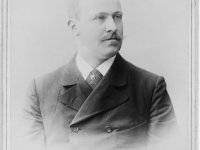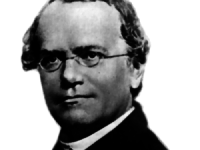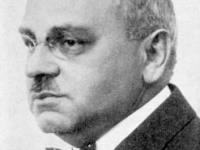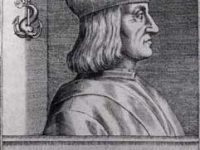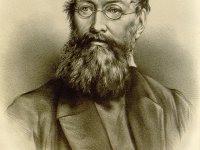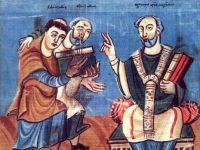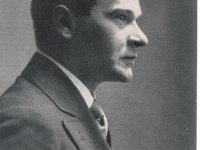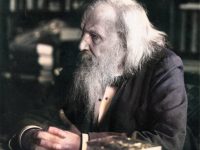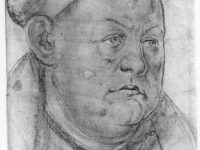Honoré Daumier and the Art of Caricature
On February 10, 1879, French printmaker, caricaturist, painter, and sculptor Honoré Daumier passed away. A rather prolific draftsman, Daumier produced over 500 paintings, 4000 lithographs, 1000 wood engravings, 1000 drawings and 100 sculptures. He was perhaps best known for his caricatures of political figures and satires on the behavior of his countrymen, although posthumously the value of his painting has also been recognized. Honoré Daumier Background Honoré Daumier was born in 1808 in…
Read more












